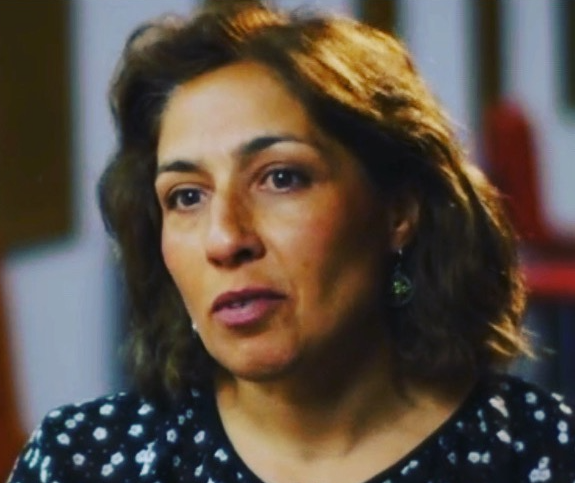Marjolaine Bédiat


Marjolaine Bédiat defended a PhD in political anthropology in December 2022, titled Mutations of Politics and New Forms of Legitimacy – Ethnography of Contemporary Issues in the Electoral Conflict of San Sebastián Tutla (Mexico). She is currently conducting a study based on field research in San Juan Atitlán, in the Huehuetenango region, aiming to describe and analyze local communities' strategies in response to the loss of cultivated biodiversity and the transformation of agricultural practices. Through interviews, observations, and an analysis of local preservation initiatives, this research seeks to explore how the concept of bio-cultural heritage can become a tool of resistance and resilience in a globalized agricultural world. The goal is to provide scientific insight into the contemporary challenges faced by these communities while contributing to the reflection on ways to conserve bio-cultural heritage in the context of an ecological and economic crisis.
The project
Titre : Mutations of Bio-Cultural Heritage: Ethnography in the Guatemalan Highlands
Guatemala bears the marks of a history shaped by deep violence, particularly during colonization and the civil war, which have influenced the country's social and identity dynamics. In the 20th century, liberal reforms further excluded Indigenous populations, who had already been marginalized since colonial times. This exclusion intensified with economic modernization, which focused on agricultural exports and the expansion of large fincas (plantations), leaving Indigenous communities at the margins of economic benefits.
Despite their ancestral knowledge of natural resource management and sustainable agricultural practices, communities such as the Ixils live in precarious conditions, facing poverty and numerous socio-economic challenges. Their bio-cultural heritage, deeply tied to their environment, is now threatened by globalization and increasing economic pressures.
The main objective of this postdoctoral research is to explore and analyze the preservation of bio-cultural heritage in the contemporary context, focusing on conservation, protection, and enhancement mechanisms implemented by local actors. Here, heritagization refers to the process of recognizing and safeguarding natural and biological elements that hold heritage value due to their ecological importance, biodiversity, rarity, or role within ecosystems and human communities.
During previous observations in the Guatemalan Highlands, she identified changes in the agricultural practices of Ixil communities, influenced by persistent challenges such as climate change, soil degradation, and limited access to resources. This study aims to explore the individual and collective trajectories of these rural communities to better understand their realities, the obstacles they face, and the strategies they implement to preserve and enhance their bio-cultural heritage in a constantly changing world.
This ethnographic work also aims to support the agricultural resilience of Guatemalan rural communities by highlighting the interconnection between biodiversity, traditional knowledge, and local cultural practices.
Host Institution: Center for Mexican and Central American Studies (CEMCA)
Selected publications
-
2024 – Domination and Political Resistance in San Sebastián Tutla (Mexico), in BRACHO, LAPLACE, POSADO, Critical Alternations and Ordinary Dominations in Latin America, Presses Universitaires de Rennes.
-
2023 – Decolonizing and Emancipating through the Democratization of Knowledge Production, About Mariana Mora, Kuxlejal Politics. Indigenous Autonomy, Race, and Decolonizing Research in Zapatista Communities (2017), published in Lectures Anthropologiques, 10 | 2023.


Nancy Jones

Arezou Azad

Carla Rita Palmerino


